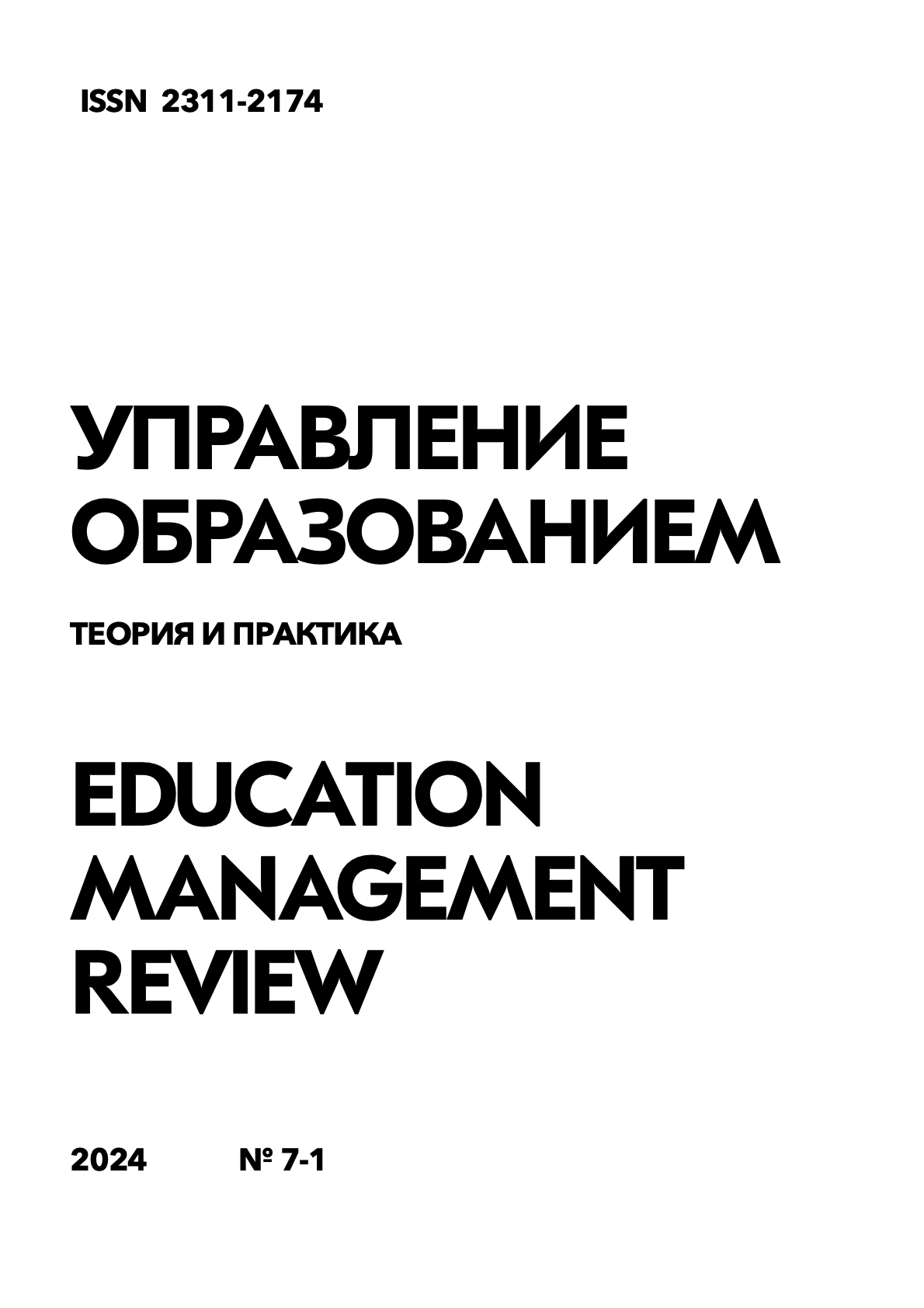Improving the methodology of teaching foreign languages at the university based on the integration of traditional and innovative approaches
Keywords:
teaching foreign languages, higher education, communicative approach, personality-oriented learning, problem-based learning, project-based learning, integration of approachesAbstract
The relevance of the topic is due to the need to find effective ways of teaching foreign languages in higher education in the context of globalization and internationalization of higher education. The purpose of the study is to develop a comprehensive teaching methodology that integrates traditional and innovative approaches to improve the effectiveness of students' language training. Tasks: 1) analyze existing methods of teaching foreign languages; 2) identify their strengths and weaknesses; 3) justify the feasibility of integrating traditional and innovative approaches; 4) to develop and test the author's methodology. The research was based on the theoretical analysis of scientific literature, generalization of pedagogical experience, modeling of the educational process, pedagogical experiment, testing, questionnaires, methods of mathematical statistics. An innovative methodology for teaching foreign languages has been developed, based on an organic combination of communicative and personality-oriented approaches, problem-based and project-based learning. Its effectiveness has been experimentally proven: in the experimental groups, the indicators of language proficiency, academic motivation and student satisfaction have significantly increased. The proposed methodology opens up new opportunities to improve the quality of language training at the university by creating an authentic communicative environment and involving students in active cognitive activity. Further research may be aimed at adapting it to the specifics of specific areas of training.
References
Гальскова Н.Д., Гез Н.И. Теория обучения иностранным языкам. Лингводидактика и методика. М.: Академия, 2006. 336 с.
Денисова Л.Г. Интерактивные методы обучения иностранным языкам в вузе // Вестник Московского университета. Серия 19: Лингвистика и межкультурная коммуникация. 2018. № 1. С. 57-62.
Зимняя И.А. Психологические аспекты обучения говорению на иностранном языке. М.: Просвещение, 1985. 160 с.
Пассов Е.И., Кузовлева Н.Е. Урок иностранного языка. Ростов н/Д: Феникс; М.: Глосса-Пресс, 2010. 640 с.
Соловова Е.Н. Методика обучения иностранным языкам: базовый курс лекций. М.: Просвещение, 2002. 239 с.
Тарнаева Л.П. Обучение будущих лингвистов устной научной коммуникации: теоретическое обоснование и технологическая разработка. СПб.: Изд-во СПбГУ, 2013. 256 с.
Щукин А.Н. Обучение иностранным языкам: Теория и практика. М.: Филоматис, 2006. 480 с.
Aryadoust V., Ng L.Y., Sayama H. A comprehensive review of Rasch measurement in language assessment: Recommendations and guidelines for research // Language Testing. 2021. Vol. 38(1). рр. 6-40.
Brown H.D., Abeywickrama P. Language Assessment: Principles and Classroom Practices. NY: Pearson, 2018. 420 p.
Ellis R. Task-based language teaching: Responding to the critics // University of Sydney Papers in TESOL. 2013. Vol. 8. рр. 1-27.
Larsen-Freeman D., Anderson M. Techniques and principles in language teaching. Oxford: Oxford University Press, 2011. 272 p.
Nation I.S.P., Macalister J. Language Curriculum Design. NY: Routledge, 2010. 224 p.
Richards J.C., Rodgers T.S. Approaches and methods in language teaching. Cambridge: Cambridge University Press, 2014. 410 p.
Skehan P. Processing Perspectives on Task Performance. Amsterdam: John Benjamins Publishing Company, 2014. 330 p.
VanPatten B., Benati A.G. Key Terms in Second Language Acquisition. L.: Bloomsbury Academic, 2015. 272 p
Downloads
Published
How to Cite
Issue
Section
License

This work is licensed under a Creative Commons Attribution-NonCommercial-NoDerivatives 4.0 International License.




